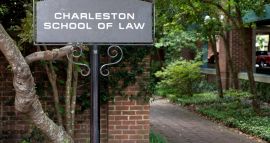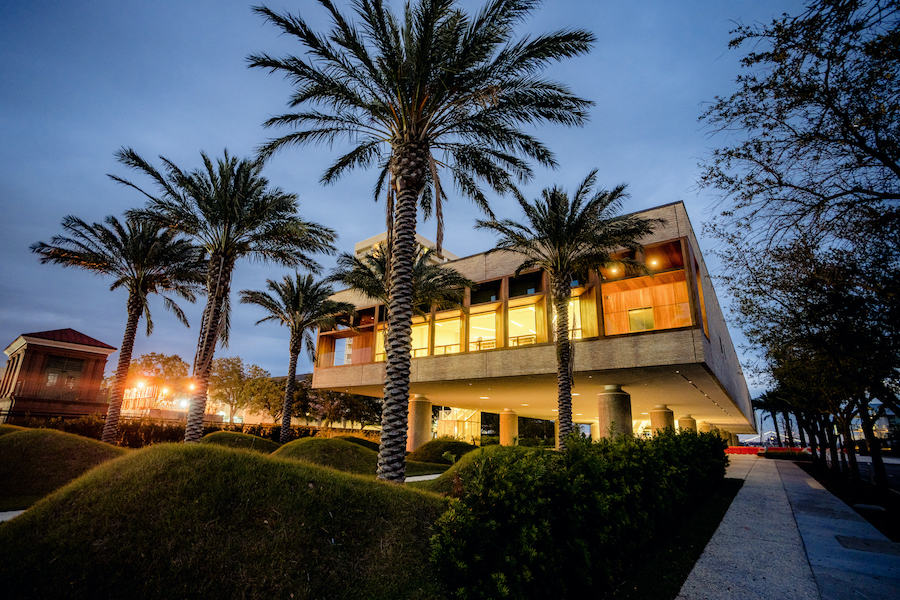

Charleston School of Law seeks non-profit status – here’s why
Jason Thomas //October 19, 2023//

Charleston School of Law has taken the first step toward becoming a nonprofit school. It is currently the last independent, American Bar Association-approved for-profit law school in the United States, a news release stated.
Last week, the Law School filed an application with the American Bar Association seeking acquiescence in the conversion from for-profit to not-for-profit status, according to the release. The American Bar Association’s Council on Legal Education and Admissions to the Bar is the national accrediting agency for law school programs leading to the Juris Doctor degree. A Juris Doctor from an ABA-approved law school in turn qualifies a graduate to sit for the bar exam in any state.
If the ABA acquiesces in the change, the Law School will then seek approval from the South Carolina Commission on Higher Education and the United States Department of Education, the release stated. Acquiescence is not guaranteed, and there is no timetable for the ABA’s decision.
Conversion to non-profit status will involve the current owners of the Law School donating the school to an existing nonprofit, the Charleston School of Law Foundation Inc., the release stated. The owners, including President J. Edward Bell III, have pledged not to take any money from the transaction. Instead, they will donate the Law School in its entirety to the foundation.
“There are many benefits to students, faculty, alumni, and the community of a nonprofit law school in Charleston,” Larry Cunningham, the Law School’s provost and dean, said in the release. “We are excited about this possible next step in the Law School’s history and are ready to work with the regulatory agencies to achieve this important conversion to being a nonprofit school.”
Cunningham noted that a nonprofit school will be able to engage in robust fundraising, which can lead to increased support for student scholarships and a capital campaign for a new building on the Charleston peninsula.
Interest in the Law School is high, with a 38% increase in applications in the last five years, the release stated. This heightened interest has allowed the Law School to be more selective, leading to significant increases in the Law School Admission Test (LSAT) scores and undergraduate grade point averages of new students. The Law School has established seven clinics in which law students work with organizations to gain practical skills while serving low-income populations in the greater community. This is in addition to the hundreds of externship placements that are available each year.
Charleston School of Law has had record high bar passage and graduate employment rates, the release stated. It also recently completed the construction of a new, modern, state-of-the-art library and student center.
“Becoming a nonprofit entity has been a key priority for the Law School since I joined the School in 2015,” said J. Edward Bell III, a prominent South Carolina attorney who also serves as the Law School’s president, in the release. “We look forward to the ABA’s decision on our application.”
s
















